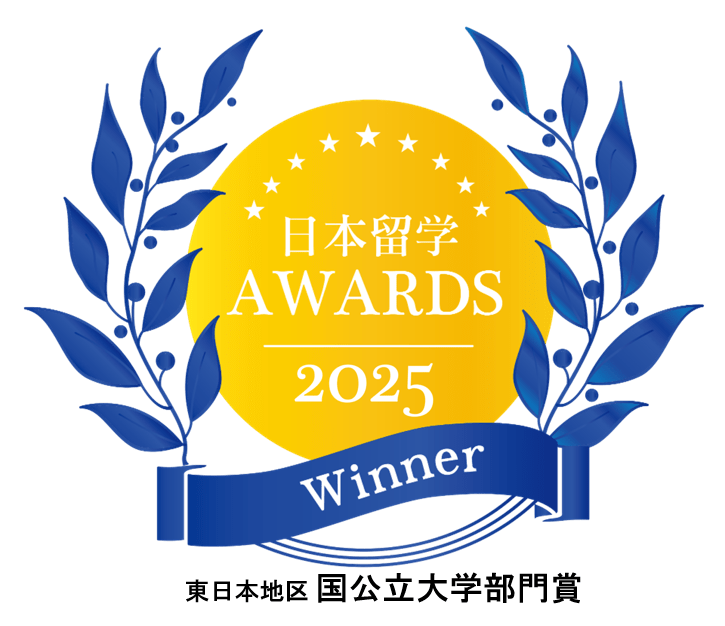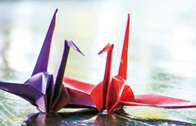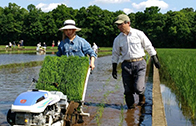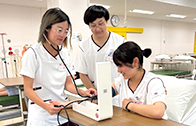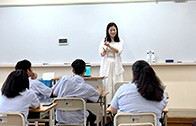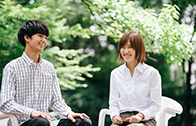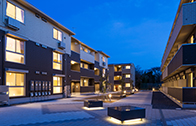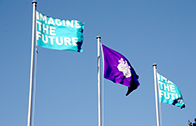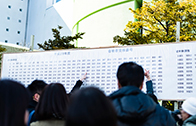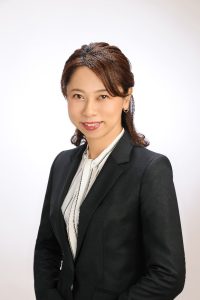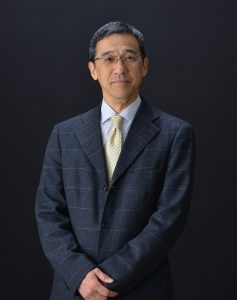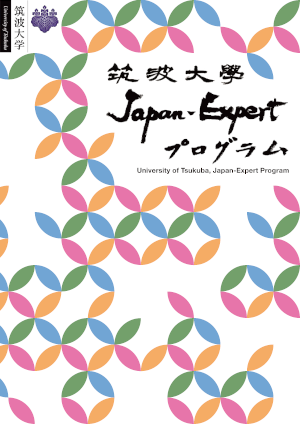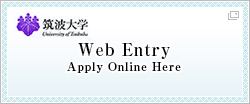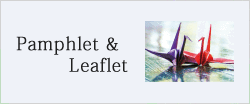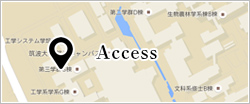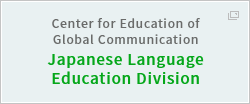Agricultural Science Course
Towards agronomists who are responsible for the next generation of agriculture and forestry for agronomists
Prof.Utsumi Motoo (Director of the Agricultural Science Course/Professor at the Institute of Life and Environmental Sciences)
Agriculture and forestry are industries that form the basis of society, not only in the production of food necessary for human survival, but also in the management of biological resources and environmental conservation. Agronomists who are responsible for the next generation of agriculture and forestry are required to understand information based on new technologies and sciences, such as ICT, and to have communication and dissemination skills that allow them to professionally understand knowledge of agriculture and forestry and expand overseas. In the Agricultural Science Course, students can study many fields, from the natural sciences related to agriculture and forestry to the social sciences and acquire the basic knowledge necessary to learn the latest production technology and scientific technology. In addition, we develop human resources with practical skills and excellent communication skills through a wide range of experiments, practical training, and seminars, as well as internships in Japan and overseas. We are looking forward to your application if you are aiming to become an active agronomist in Japan and around the world.
Healthcare Course
Developing globally active healthcare leaders
Prof.Okayama Hisayo (Director of the Healthcare Course/Professor at the Institute of Medicine)
Japan’s health, medical, and welfare systems are highly regarded internationally, and we would like to develop human resources who can make international health policy recommendations and play an active role in the coming super-aging society. This course offered at the University of Tsukuba, has a curriculum that allows students to acquire basic knowledge of healthcare, focusing on lectures and seminars in the field of nursing, which are provided within the university. In addition to promoting understanding of Japanese culture through liberal arts subjects, we also provide education in specialized subjects that enable students to keep pace with cutting-edge technology. We will also provide practical experience in Japan through internships, creating opportunities for learning through the latest medical and care experiences. Please note that this course is not intended for students to acquire Japanese nursing qualifications, but rather to develop human resources who will become leaders in medical policy in healthcare-related fields. We welcome applications from anyone who has an interest in health, medical, and welfare-related issues and an ambition to play an active role internationally.
Japanese Art and Design Course
Learn Art and Design in Japan
Prof.Ohara Hisaaki (Director of the Japanese Design and Art Course/Professor at the Institute of Art &Design)
In addition to anime, manga, car design, etc., there is a lot of excellent art and design in Japan. Why don’t you learn art and design while being familiar with art that has developed uniquely in Japan, such as painting, crafts, and calligraphy, as well as internationally acclaimed contemporary art in Japan? The Japanese Design and Art Course is a specialized course in the distinctive arts of Japan within the University of Tsukuba, a comprehensive university. In addition to taking unique courses related to Japanese art, students broaden their interdisciplinary and international perspectives in the liberal arts courses offered by the university and cultivate a high level of expertise and practical skills to play an active role internationally by taking a variety of specialized courses offered by the School of Art & Design. Careers include teachers, artists, designers, etc. and there is also an option to graduate school. The University of Tsukuba is located about one hour by train from the capital city of Tokyo, which has numerous museums and galleries. Feel free to visit Tokyo and come into contact with precious works of art on a daily basis. We are looking forward to receiving applications from everyone who has an enthusiasm for pursuing art and wishes to play an active role in modern society through art and design.
Japanese Language Teacher Training Course
Aiming to become an expert in Japanese language education that opens up a new era
Prof. Suzuki Nobutaka
(Director of the Japanese Language Teacher Training Course / Professor at the Institute of Humanities and Social Sciences)
Language is an indispensable tool of human communication. However, it takes special skills and training to be able to systematically understand the language and teach non-native speakers. Since the mid-1980s, our university has established a bachelor’s program with Japanese language teacher training as one of its important missions and has a track record of a little less than 40 years. Our graduates are active at the forefront of universities and educational institutions not only in Japan but also around the world. This course is a four-year bachelor’s degree program designed specifically for international students whose native language is not Japanese to learn how to teach the Japanese language. In this course, students enroll in the fall semester and study Japanese intensively for one semester. After that, students will work with Japanese students and international students to study Japanese, multicultural coexistence, and Japanese education, as well as specialized basic courses and specialized subjects related to Japanese culture. You may be worried about living abroad, but don’t worry. There are many opportunities for extracurricular activities such as circles at our university, so you can lead a fulfilling student life. We look forward to everyone’s challenges.
Coordinator
Japanese skills to study at the university with peace of mind and enjoyment
Miyoshi Yuka, Assis. Prof.
(Coordinator of Japanese Language Education/Assistant Professor at the Institute of Humanities and Social Sciences)
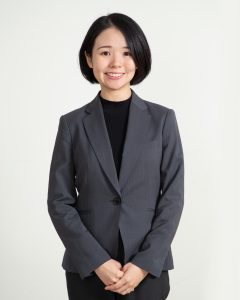
In the Japan-Expert Program, students first study Japanese intensively for six months after entering the university. Specifically, there are eight subjects: “Grammar,” “Kanji,” “Speaking,” “Listening,” “Reading,” “Writing,” “Comprehensive Japanese Language,” and “Specialized Japanese Language.” I coordinate these Japanese language courses and provide support for Japanese language learning. Of the Japanese language courses, seven classes other than “Specialized Japanese Language” are divided into two levels with students from other courses, and it is also a place to interact with peers from different courses. “Specialized Japanese Language” is a subject taught by the faculty members of each course, and allows students to learn Japanese (technical terms, etc.) focusing on their specialized field. By taking these courses, students will acquire the academic Japanese skills necessary for specialized classes and research at the university and will be able to proceed to study in each course (school) without difficulty. If you want to study at the University of Tsukuba but are worried about your Japanese skills, why don’t you study with us in the Japan-Expert Program? Our Japanese language faculty members will support your studies at a university that connects your home country with Japan.





